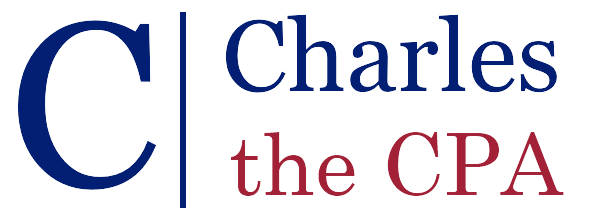Avoid IRS Problems
Improve Tax Planning
Maximize Future Benefits
Developing and paying shareholders creditable reasonable compensation each year helps you attain real benefits and reduce actual risks.

Being a corporation provides opportunities along with hidden risks
Operating as a corporation, you have the ability to compensate shareholders who perform services in two ways -
- Salary - subject to employment tax at the entity level and;
- Dividends - which are paid on 'after' tax' earnings.
But this difference in treatment can create both an opportunity which you should take and a temptation you should not fall into...
The Opportunity
The Tax Code allows a deduction for compensation (wage, salary, benefits) paid to officers and other employees who perform services for the business. This deduction reduces your corporate taxable income.
The Risk
If you cannot demonstrate that compensation is 'reasonable', the IRS can determine that you have been 'over-compensated' and deny your deduction. The result can be assessment of delinquent taxes, interest and penalties.
As a CPA...
part of my practice involves businesses determine and document reasonable compensation for shareholders and key employees. I work with them to develop an independent, objective and defensible compensation figure. Having valid compensation provides support in the areas of:
- Tax compliance
- Tax planning
- Business valuation
- Future benefits you hope to receive
A Proven 3-Step Process
Understand
To be valid and defensible, compensation must be based on your individual situation. The first thing we will do is talk and understand your particular facts and circumstances.
Determine
There are several IRS recognized methods that can be used to arrive at reasonable compensation. After understanding your situation, we will talk about the one most appropriate for you.
Develop
Finally comes the development and documentation of your reasonable compensation using most appropriate method applied to your individual facts and circumstances.
When the IRS Challenges You...
Receiving a letter or call from the IRS about your compensation can be both unexpected and unsettling. Here is an outline of the process and how things will likely turn out.
Big Data and Analytics
These days the IRS has access to more data and better analytics to examine tax returns. Since shareholder compensation is reported on your corporate tax return and your earnings statement, it's become easier to flag questionable returns.
The Burden of Proof
Since tax filings are involved, the burden of proof falls on you, the taxpayer, to provide documentation and justification for the amounts shows - just like for any other item. The only job of the IRS is to challenge the compensation figure.
Significant Tax Delinquencies
If you cannot adequately justify what you did, the IRS will arrive at a tax delinquency amount based on the difference between what you reported and what they deem 'reasonable'. An assessment and demand for payment will be made.
How I help
My work in this area consists in providing straight-forward and accurate insights into Reasonable Compensation for closely held businesses. This helps ensure you become and remain compliant, minimize risk and realize maximum payroll tax savings.
Your Reasonable Compensation Analysis is developed with in-built industry, legal, IRS criteria and salary data intelligence. The goal is to provide credible and independent Reasonable Compensation calculations with guaranteed cover in the event of an IRS audit or litigation.
We will work together through an intuitive, cloud-based platform, removing all guesswork and providing full documentation and transparency around your specific compensation.
